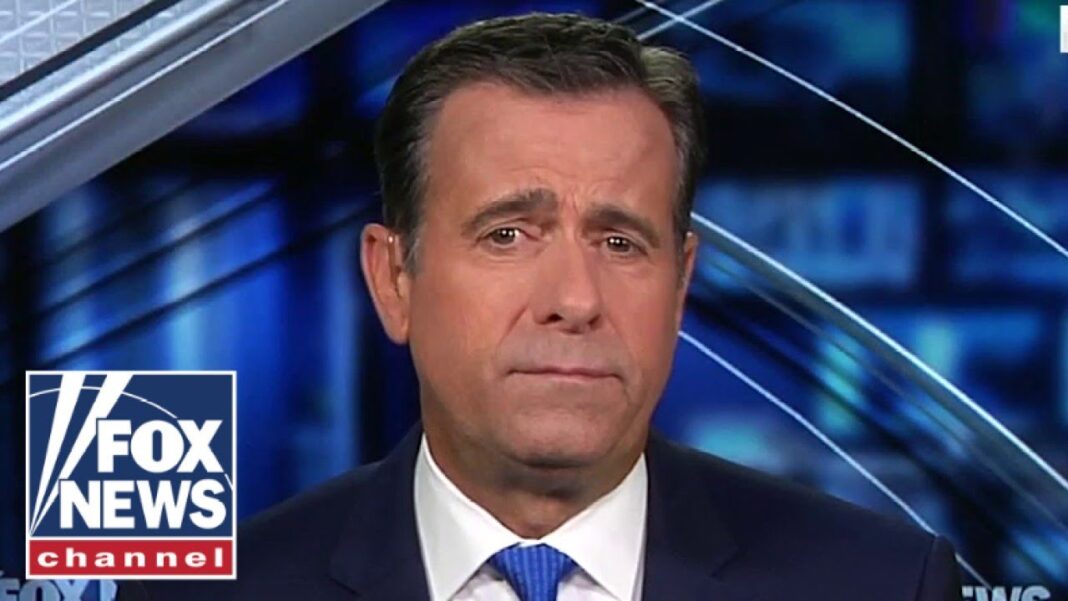
On Oct. 26, TikTok executive Michael Beckerman was asked by members of U.S. Congress if the app shares data with the Chinese Communist Party (CCP). Although Beckerman said no, there is reason to think otherwise.
With all this talk of Instagram, it’s easy to forget that other problematic apps exist. In fact, according to a comprehensive survey carried out by analysts at Piper Sandler, Instagram isn’t even that popular among U.S. teens.
Aptly titled “Taking Stock With Teens,” the 91-page report outlines the responses of 10,000 American teenagers. Just 22 percent of respondents listed Instagram as their app of choice; interestingly, 30 percent named TikTok as their favorite app.
The popularity of TikTok is particularly revealing—and, more importantly, particularly worrying. Launched in its current form three years ago, the social media app now has 1 billion active monthly users worldwide; rather incredibly, it has been downloaded in the United States more than 200 million times. Why should we be worried? After all, it’s just a harmless app, right?
Wrong.
As tensions between the United States and China continue to rise, the CCP has upped its cyberespionage game. Contrary to popular belief, TikTok is not a wholly unserious app designed to spread joy around the world. Created by ByteDance, a company with close ties to the CCP, TikTok should be viewed with a great degree of suspicion. As the Wall Street Journal reported back in June, the CCP now expects tech companies, including ByteDance, to share all its data with Party members.
At the very same time the CCP demanded access to data, TikTok introduced a new biometric policy solely catered to its U.S.-based users. The app now takes two key pieces of biometric data—“faceprints” and “voiceprints”—from every single U.S.-based user. The former involves the collection of digitally recorded representation of a person’s face; the latter involves recording different aspects of a user’s voice, including resonance, reverberation, intonation, rhythm, and pacing.
With at least 100 million users in the United States, that’s a lot of personal information. Also, why would TikTok, a company with headquarters in Beijing, require this sort of information from U.S.-based users? More importantly, why is this policy aimed solely at U.S.-based users? This is a question Congress needed to ask Beckerman. It didn’t.





